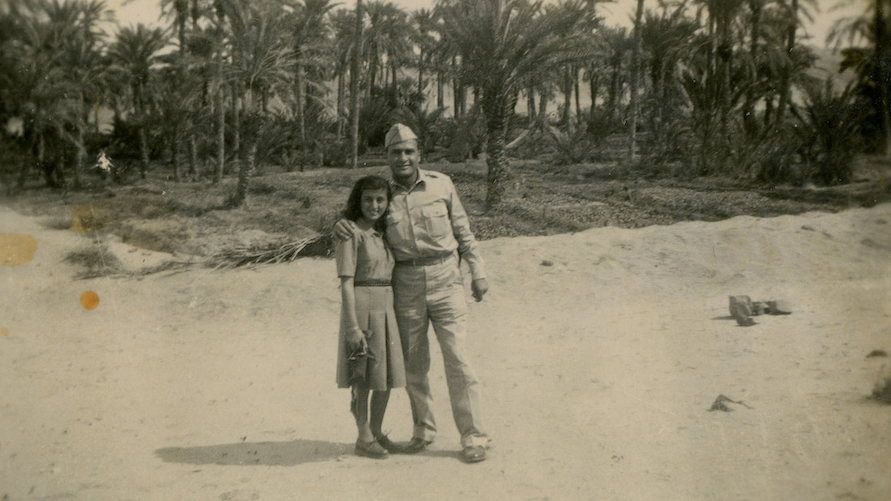We were at NCPH this year!
The National Council on Public History and the International Federation of Public History held its annual conference from April 17-20 in Ottawa, Ontario. This year’s theme, “Knowing your Public(s)-The Significance of Audiences in Public History” brought an interdisciplinary group to Canada’s capital to discuss questions of participatory projects, digital history, and shaping our work to reach a wider and deeper public. In short, themes raised throughout this conference are ones that our Project tackles every single day! The Lebanese in North Carolina Project presented on our own panel, “iCommunity: Digital Media, Family Heirlooms, and a Global Audience.” I’ll talk more about our panel in an article I am writing for the May newsletter. But, rest assured, we had a great time showcasing the important work of the Project and the generous donations of the community! I had a chance to meet great people doing work, sometimes with an international scope.
Here are a few highlights: Memoro: An international non-profit organization based in Italy that collects stories of people born before 1950 and adds them to an online bank where users can access the oral histories and videos. The users that collect the stories are called “memory hunters” and today, there are over 330 of them worldwide. The founders of Memoro conduct some oral histories, but the project relies on work like ours with the Lebanese community, to donate oral histories to the bank. For more info, check out their website linked above or take a look at this infographic. Johhny El-Alam: I met Johnny after my panel discussion where we had a great conversation about the project and his own research efforts. He is a Lebanese Ph.D student at Carleton University in Ottawa in the field of Cultureal Mediations-Visual Culture. In a workshop the next day, I learned that he is also a graphic designer and web developer. So, you know, an overachiever! Johnny spoke on a panel “Sites of Memory Representing National Trauma” where he presented a paper entitled “R’eal Archive, Contested Memory, Fake History.” His research interests are in Art and Memory, so his perspective on the work we are doing and on his own work are quite exciting! Jay Price: A professor of History and the Director of the Public History Program at Wichita State University, Jay approached me after my presentation to chat about the Lebanese population in Wichita, Kansas. In fact, he and some colleagues wrote a book about the population! I hope we can find a way to collaborate in the near future! Digital history is taking root in the field of public history and I, for one, feel so much excitement! Attending sessions like “Teaching Digital History and New Media,” “Historical Podcasting and Its Public,” “Connecting Communities: Social Media and Public History Practice,” and “Reaching the Public through the Web: The Practice of Digital Active History” all provided provocative examples of work being done in cultural institutions and universities across the globe to ensure that the tenets of public history can be visualized and represented with digital tools and can be accessed by a broad audience. Stay tuned for a full update in the May newsletter!
- Categories:


